Waste Management
Birds Unique Leveraging Of Dead Salary Cap Space
Dead salary cap space in the NFL is the amount of cap spending for a specific player, whether or not that player remains on the roster of the team that signed him.
Dead cap generally includes any guaranteed money along with any prorated bonuses.
Several scenarios can accelerate the payment part of a player’s contract, including release or trade, under rules the Collective Bargaining Agreement (CBA).
The Eagles are known for taking contract structure risks that could leave them saddled with dead cap money in any specific year, most notably after the 2020 season, when they traded quarterback Carson Wentz just two years after signing a landmark contract extension.
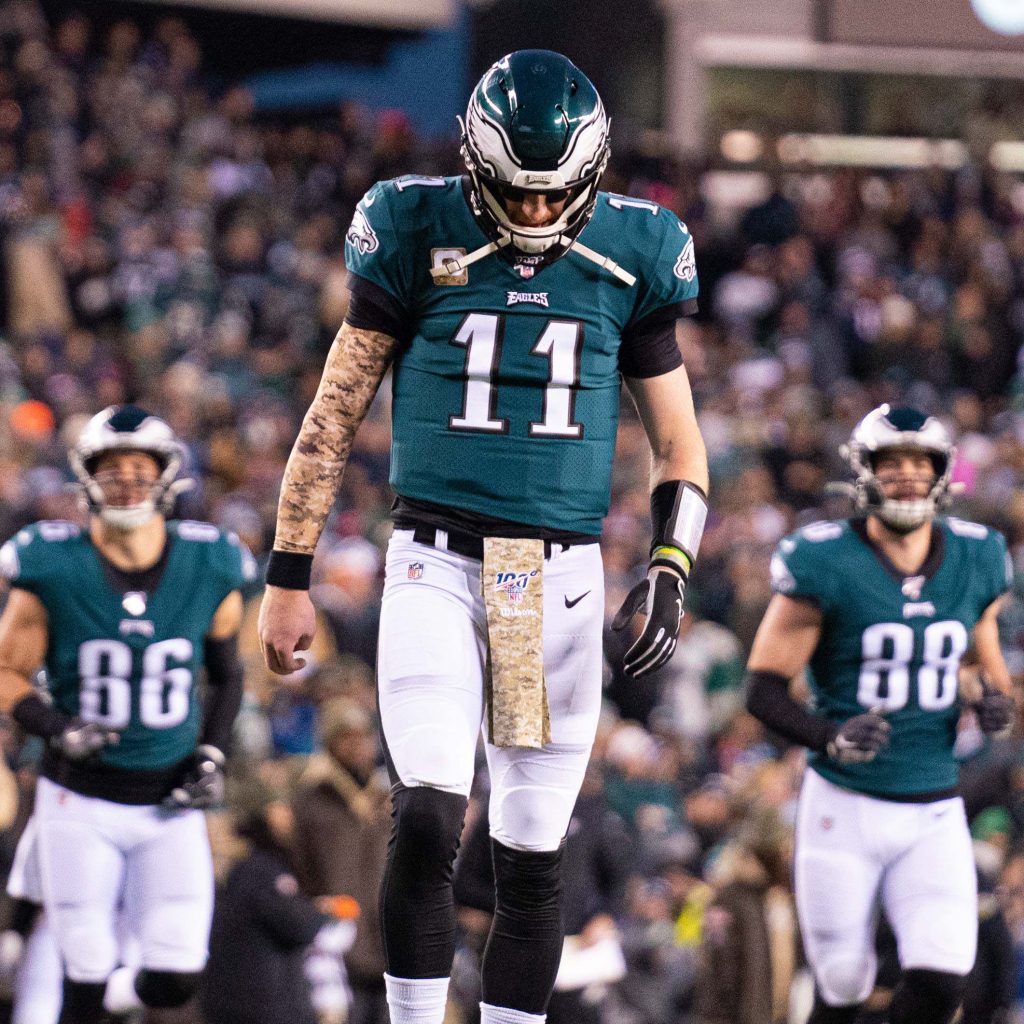
GETTY IMAGES: The Eagles’ trade of Carson Wentz before the 2021 season led to the largest dead cap hit in NFL history, but now ranks fourth.
The trade forced the Eagles to absorb a nearly $34 million cap hit in 2022, then the largest dead-money hit taken ever by an NFL team, but now ranks fourth-highest.
This story, Part 3 of a three-part series focusing on Eagles salary cap management, examines how the Eagles leverage dead cap space and compares their dead cap tactics to other NFL teams.
Part 1 focused on the Eagles’ aggression with up-front money and contract structure while Part 2 focused on their usage of rollover space along and how the rookie salary formula factors into their draft strategy.
[Editor’s Note: Actual, accurate salary cap data is privately held by the NFL. This story relied on the most credible web sources possible for public contract info. This story was sourced by Spotrac Premium. Also, these stories are a simplification of the salary cap and its mechanics as the 2020 NFL Collective Bargaining Agreement (CBA) rules are more nuanced.]
What’s It Mean To Leverage Dead Cap?
When a team leverages dead cap, it’s putting high guarantees and bonuses in a player’s contract and taking a significant risk if the player is cut or traded.
When a player has a large guaranteed salary and/or a large amount of bonus guaranteed, he holds a high dead cap potential if traded or released.
If the player with a high dead cap number is traded or released, he’s still on the book for his former team, which maintains responsiblity for paying the guaranteed portion, per CBA salary cap accounting rules.
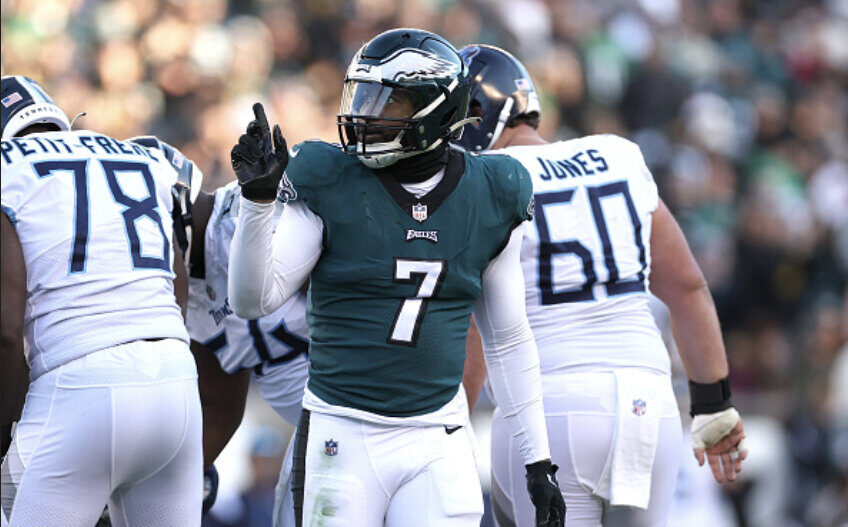
One of the biggest financial consequences of the Eagles trading Haason Reddick to the Jets in March is that he still counts against their salary cap in dead money – $21,515,000 for the 2024 season.
Part of the reason his dead cap is so high is because half of the contract was guaranteed, but most of the salary wasn’t paid out until 2024.
With so much guaranteed money still due, accounting rules dictate that the money he’s owed is still due from the Eagles.
For this story, five teams were used to exemplify different NFL strategies regarding dead cap money – the two highest-average dead cap teams, two lowest-average dead cap teams, and the league median average dead cap team from 2020-2024.
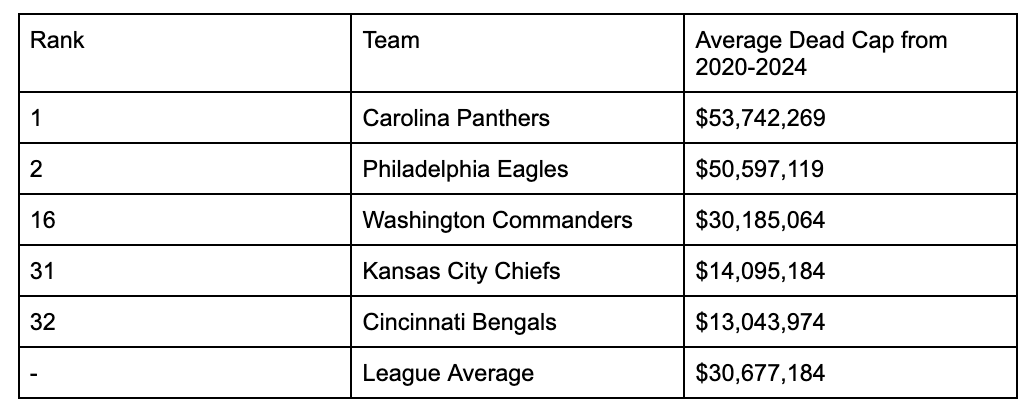
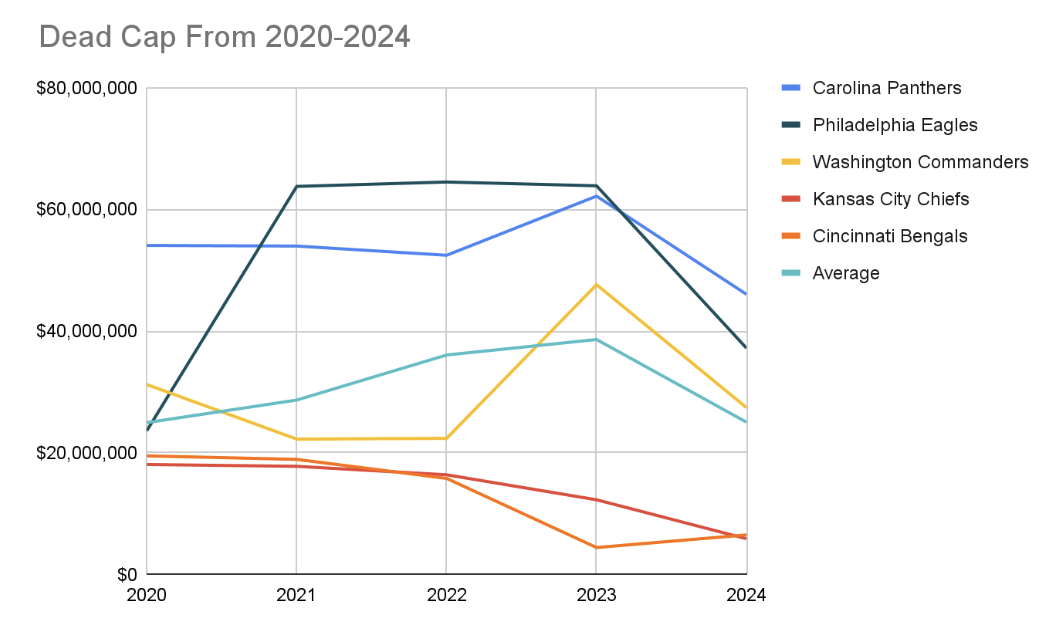 Analysis
Analysis
The Eagles’ dead cap strategy is significantly higher than the league average and more in line with the Panthers, who haven’t been the model for success.
But the Eagles have been able to attain much more success than Carolina and are more comparable to the Chiefs and Bengals, who barely leverage dead cap, despite taking on almost as much cap space as one of the NFL’s least successful teams.
Conclusion
In conjunction with Part 1’s salary cap story, it’s clear that Eagles’ aggression in cash usage is also mirrored in their leveraging of dead cap.
The Eagles are willing to pay significant cash up front and eat it, if necessary, at the end of a contract when it makes more sense to move on from a player.
The Eagles should be careful with this strategy, especially if they don’t believe they can restructure and extend a player at the end of his contract, but they’ve appeared to adapt from the Reddick situation – which is best illustrated by the extension for Landon Dickerson, the starting left guard.
Dickerson’s contract carries a 2028 cap hit of $38,070,000 but would only have a $4,019,000 dead cap if he were cut or traded.
– Sam Finkel is a staff writer for InsideTheBirds.com whose focus is on analytics.
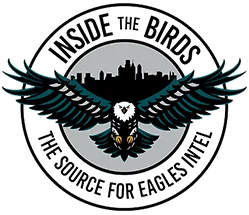

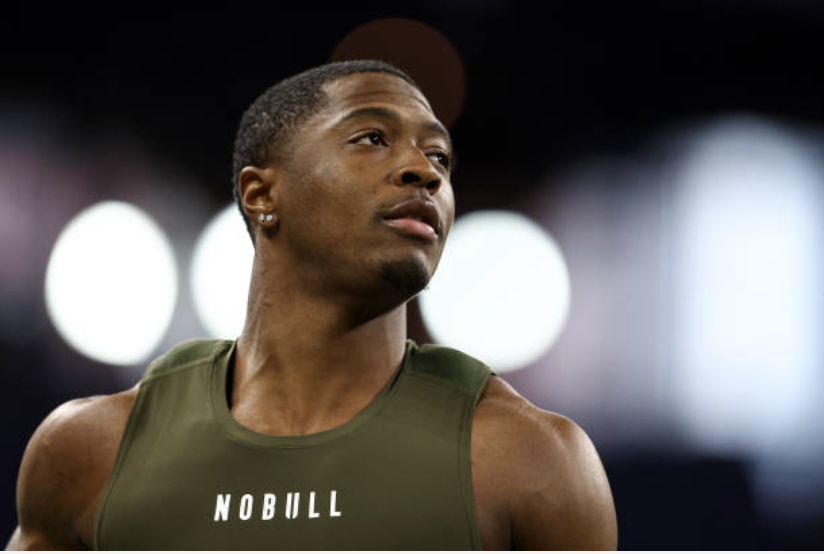
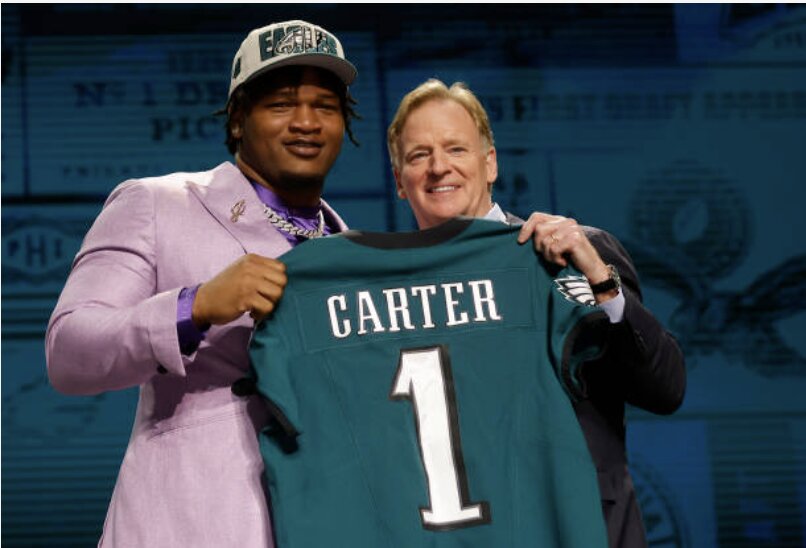
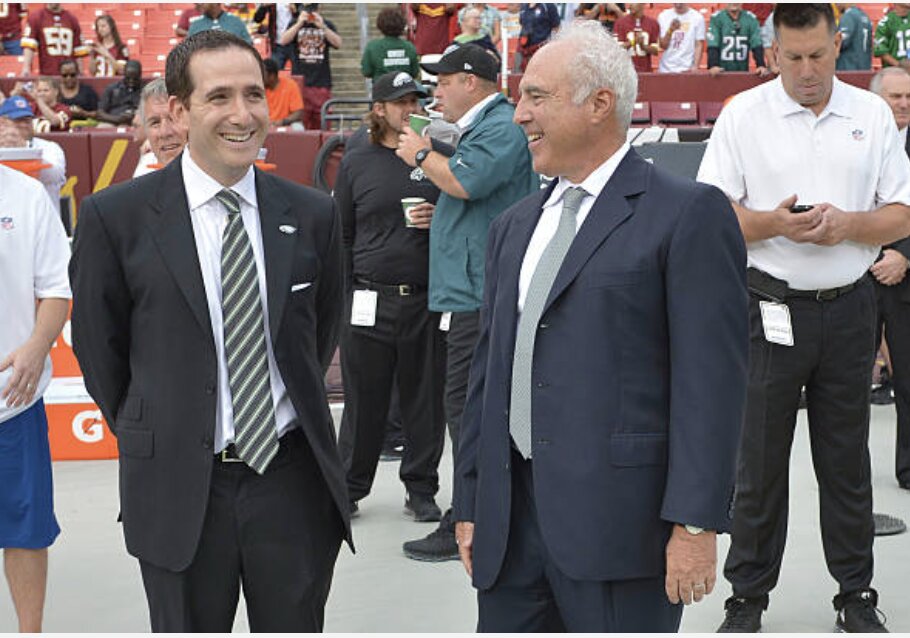
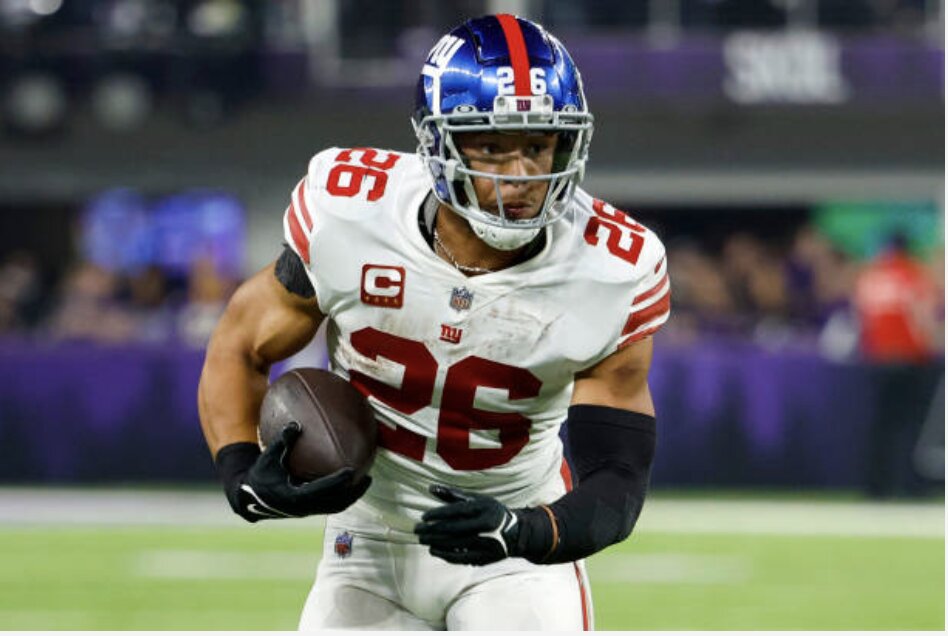
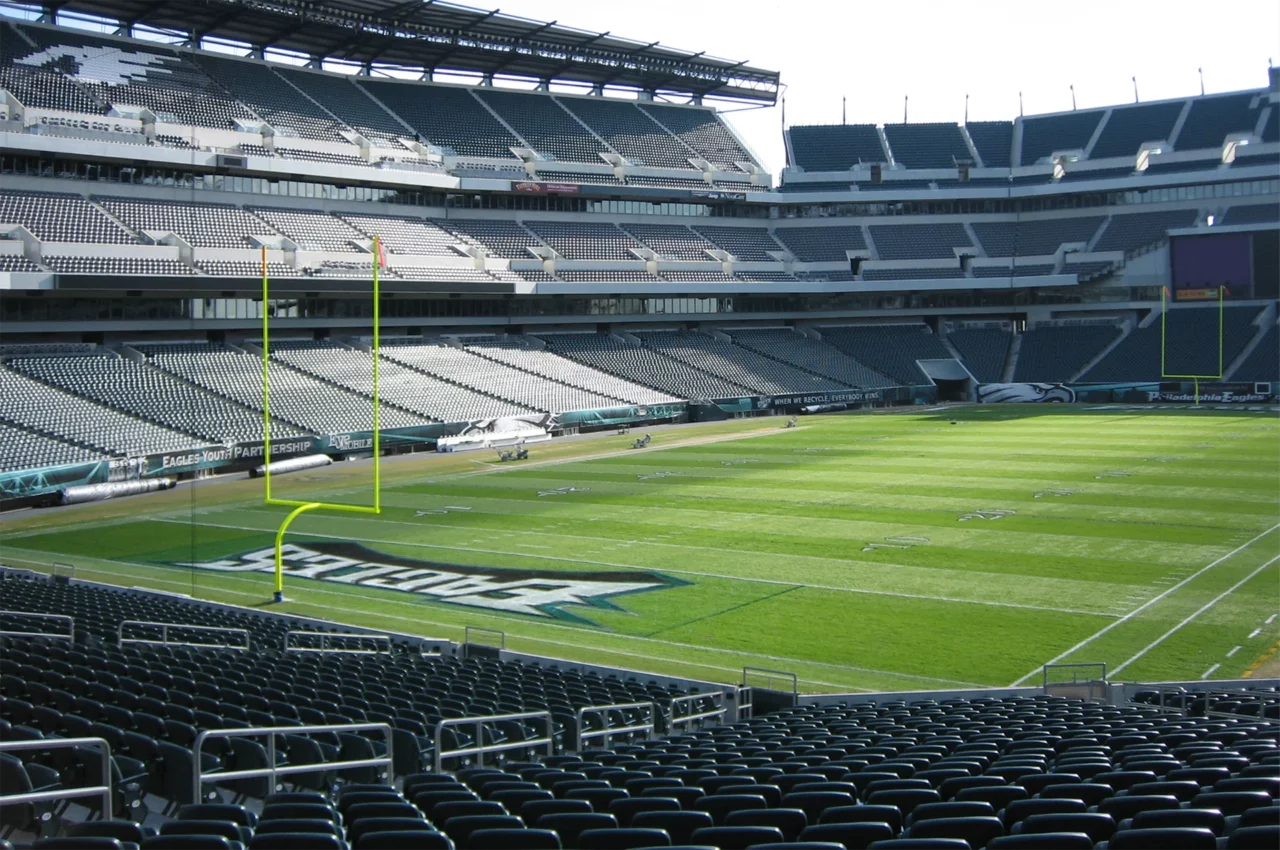
Comments are closed here.